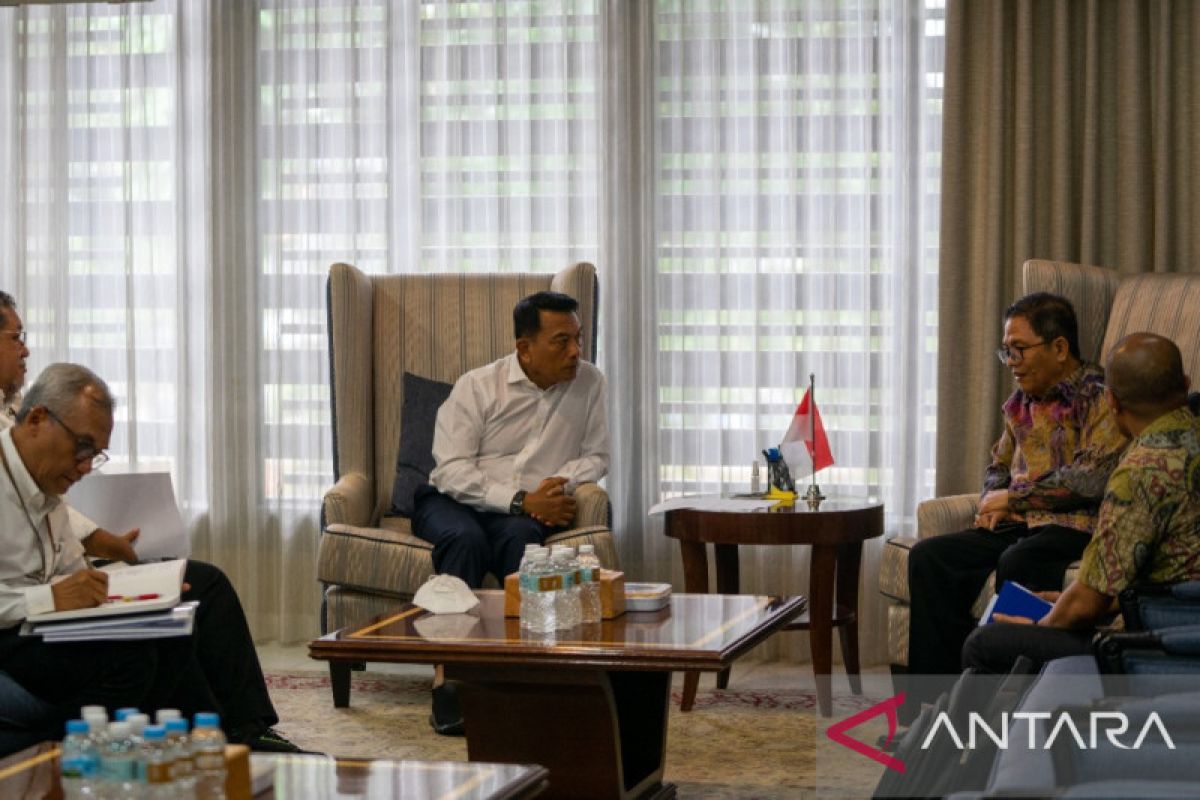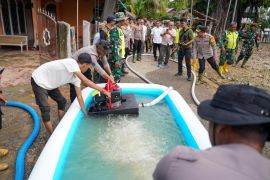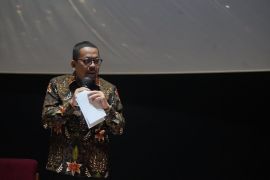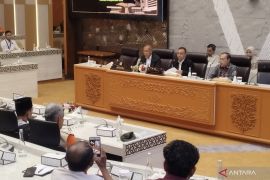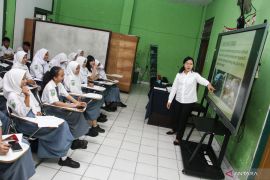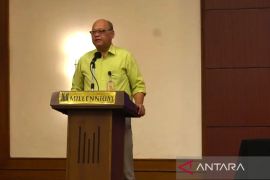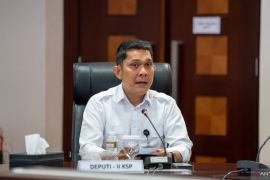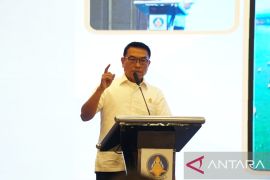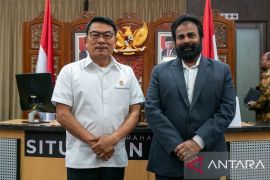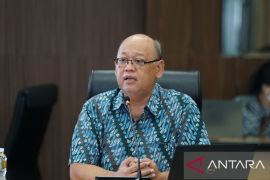Sorghum can help to reduce extreme poverty and stuntingJakarta (ANTARA) - Chief of the Presidential Staff (KSP) Moeldoko believes that the alternative food crop sorghum can be developed as a solution to alleviate extreme poverty and reduce stunting prevalence in East Nusa Tenggara (NTT).
"Sorghum can help to reduce extreme poverty and stunting. However, we must convince the public that sorghum can be developed for the food industry and many other industries," he noted in a written statement received here, Tuesday.
Moeldoko made the statement during an audience with the Satya Wacana Christian Higher Education Foundation and the Wira Wacana Sumba Christian University at the Bina Graha Building in Jakarta.
Moeldoko expressed optimism that sorghum cultivation would be intensified to encourage people to plant and develop such food crops.
"The Presidential Staff Office continues to actively encourage research development programs and sorghum studies with academics," he remarked.
Wira Wacana Sumba Christian University in East Sumba, NTT, plans to develop a sorghum research and development program. The university's initiative is to develop a research center and study of sorghum caused by extreme poverty and high stunting prevalence in NTT.
Stunting is a condition of failure to thrive in children under five as a result of chronic malnutrition.
According to KSP, one of the causes of extreme poverty in NTT is the non-optimal management of natural resources. However, the dry condition of NTT's soil, with small area, experiencing little rainfall, can become a fertile land for sorghum plants.
If used widely, the development of sorghum will not only provide an alternative national food but also absorb labor and generate regional income, Moeldoko remarked.
“One hectare of land can produce three to five tons of sorghum. One hectare of sorghum land is projected to generate Rp12 million. Sorghum cultivation is easy because it does not require many fertilizers. This can increase income of the local economy," he added.
Meanwhile, rector of Wira Wacana Christian University Sumba, Maklon Felipus Killa, and Deputy Chairperson of the Satya Wacana Christian Higher Education Foundation Fence Emanuel Lase expressed optimism that through partnerships with business entities in the sorghum sector, universities can develop a Sumbanese sorghum study center.
"We are grateful for the attention from Mr. Moeldoko and KSP that are committed to building NTT. We understand very well that one of the important issues today is the issue of food and energy. We will continue to strive to develop courses that lead to improving people's welfare," Killa affirmed.
Related news: Mastering sorghum production vital to anticipate food crisis: BRIN
Related news: Ministry reaffirms support for sorghum development in W Nusa Tenggara
Related news: Moeldoko calls for accelerating development of sorghum ecosystem
Translator: Indra Arief P, Resinta S
Editor: Sri Haryati
Copyright © ANTARA 2022
